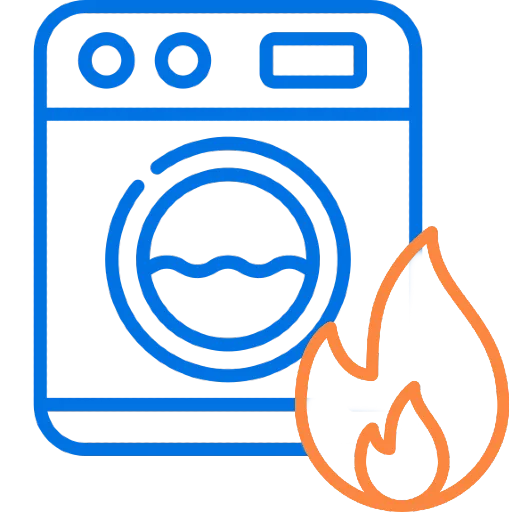What we like about Youi:
In addition to cover for fires and bushfires, Youi is the only policy we looked at that specifies it covers:
- accidental fires within 100 metres of your home,
- soot or smoke damage from a bushfire
- temporary accommodation if you're told by the local authorities to evacuate.
All home insurance policies typically cover fires but Youi's product disclosure statement (PDS) is much more detailed. Unlike others, it clearly specifies you're covered for accidental fires, including fires caused directly by mechanical or electrical failures. Some other insurers don't cover this automatically.








